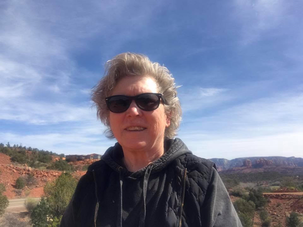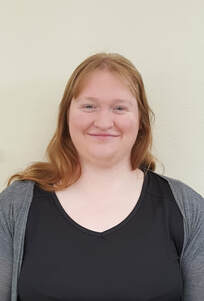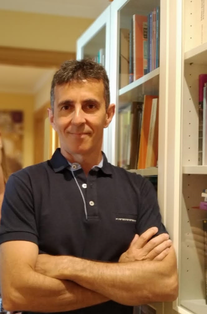
Linda is a Professor of sport pedagogy in the College of Education at the University of Massachusetts Amherst. Her area of research and scholarly interests over the past 28 years have focused on a games-centered approach to teaching and learning sport-related games. A games-centered approach links tactics and skills by emphasizing the appropriate timing of skill practice and application within the tactical context of the game. The basic assumption of the approach is that students learn best if they understand what to do before they understand how to do it. The overall goal is to increase students’ tactical awareness, which is the ability to identify tactical problems that arise during a game and to respond appropriately. Responses might be on-the-ball skills, such as passing and shooting, and off-the-ball movements, such as supporting and covering. Linda has numerous publications (i.e., textbooks, edited books, book chapters, peer-reviewed journal articles) and has been keynote speaker, made presentations and facilitated workshops on this topic. Linda has received several awards and honors UMass Amherst Exceptional Merit Honor, 2015, Frostburg State University Wellner Scholar, 2012, AERA SIG: Research on Teaching and Learning in Physical Education, Exemplar Paper Award; 2008, and National Association of Sport and Physical Education, Council on Professional Preparation in Physical Education, Physical Education Teacher Education Honor Award, 2005.

The more direct applications of Jesse’s research in notions of complexity has been his focus on non-conscious mimicry among students within physical education learning environments. Non-conscious imitation has been well described, observed, and quantified within social psychology; however, remains relatively under-examined within physical education. A primary focus, and what Dr. Rhoades believes will have the most direct practical implication for in-service teachers, is the identification, quantification, and possible manipulation of continued recursive motor pattern co-mimicry among students within the physical education learning environment. A better understanding of this phenomenon will allow identification of critical insights into the interconnected, codependent, and communal product of learning within physical education. Substantial aspects of the TGFU approach tie directly into our current understandings of non-conscious mimicry. This makes TGFU instructional practices a crucial learning environment for the observation of non-conscious imitation. Additionally, Jesse coordinates bi-monthly meetings of complexity researchers: the Special Interest Network in Complexity (SINC) and maintains its website www.sinchub.com. This group works to expand the understanding of complexity within physical education, and explore evolving applications of these notions.
Dr. Rhoades is excited to be a part of the social media team for TGFU and honored to be asked to contribute to this vital organization.

Ellen-Alyssa Gambles is a part-time PhD student studying at the University of Sunderland, UK. Ellen originally learnt about TGfU during her undergraduate degree and was inspired to research the topic in greater depth for her undergraduate dissertation and subsequent PhD programme. She initially contacted the TGfU SIG and was introduced to Dr. Len Almond who provided support and guidance in her education of games-based approaches. Ellen’s PhD thesis is about examining in-service Physical Education teachers’ engagement with TGfU underpinned with Occupational Socialisation Theory. The focus of her research is investigating the teachers’ perceived barriers to the implementation of TGfU in secondary schools in England and exploring methods to overcome the barriers described. Ellen’s research interests focus on games-based approaches to teaching and the Continuing Professional Development of teachers.
Ellen is very grateful and enthusiastic to be a part of the communications team of the TGfU executive board and would like to thank all of the people who have supported her so far. During her time in office her aim is to help bring greater visibility and promotion of games-based approaches and also to strengthen the networks within and between the TGfU community members and the wider PE community. She hopes to achieve this with the re-energisation of the TGfU Sig Blog and newsletter and maintenance of the website.
Communications Team- Roberto Sanchez Gomez

Since the completion of his degree in PE, coinciding with the contacts of his teacher José Devís with the University of Loughborough, he has been interested in the school application of TGfU , especially in the perception and experiences of students learning through this methodology. In fact, his doctoral thesis (2013) is a case study about a group of 4th of ESO (15-16 years old) that receives sports teaching on three different categories of games, based on the TGfU model, during a full school year.
In the last few years, he has focused his publications and teacher training courses, on the curriculum development of the TGfU model and its application in other contents of Physical Education such as triad games (three teams games) and outdoor activities.
Since 2015, Roberto has managed a Facebook page called New teaching models in physical education and sports initiation, whose followers in Spain and more than twenty Spanish and Portuguese speaking countries already exceed the figure of 58,000. Roberto hopes that his experience in social networks can help the SIG TGfU communication team raise awareness of TGfU among Spanish-speaking teachers and coaches.


